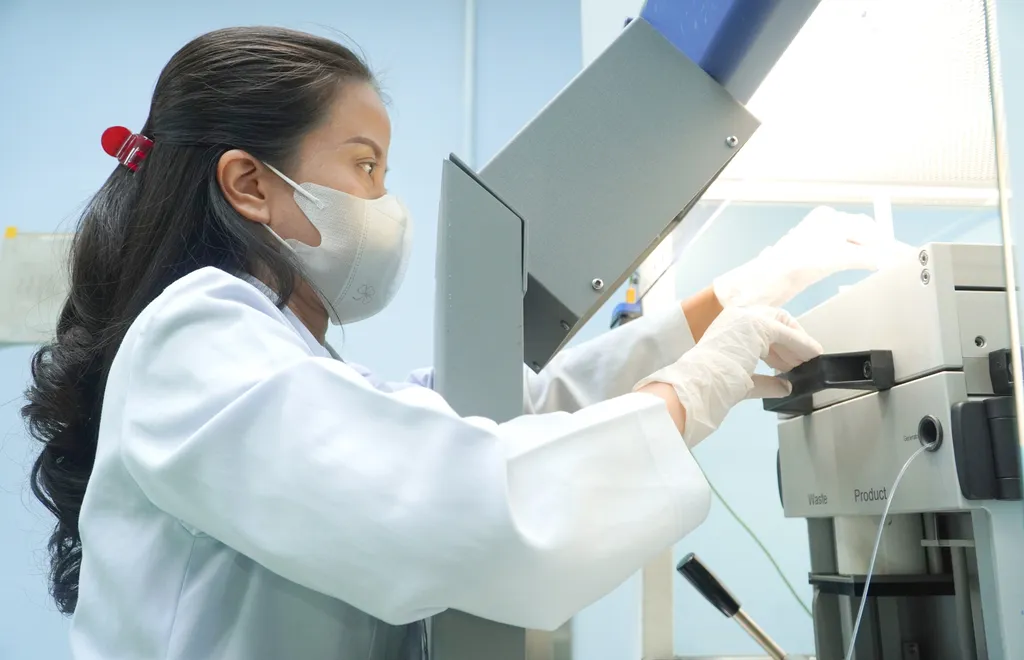 Society
Society

 |
| The State-run Chợ Rẫy Hospital in HCM City announced it has successfully produced two new types of radioactive drugs used in the diagnosis and monitoring of prostate cancer and neuroendocrine tumours. — VNA/VNS Photo |
HCM CITY — HCM City-based Chợ Rẫy Hospital, the leading medical facility in the south, said Wednesday it has successfully produced two new radioactive drugs used to diagnose, monitor and treat prostate cancer and neuroendocrine tumors.
The two drugs are Ga-68 PSMA and Ga-68 Dotatate.
With the successful production of these two types of radioactive drugs, patients will no longer need to go abroad at high cost to access this treatment.
Dr. Nguyễn Xuân Cảnh, Head of the hospital’s Nuclear Medicine Department, said that Galium-68 PSMA (Ga-68 PSMA) in prostate cancer and Galium-68 Dotatate (Ga-68 Dotatate) in neuroendocrine tumours are used widely for patients in advanced countries around the world.
These two drugs were approved by the US Food and Drug Administration (FDA) in 2016 and 2020. However, not every country can produce Ga-68 PSMA and Ga-68 Dotatate, Cảnh said.
In Việt Nam, if people need a PET/CT scan using these two drugs, they have to go abroad to do this.
After a long period of research, exchanging expertise, and preparing human resources for study, the doctor said on November 7, the Department of Nuclear Medicine successfully mixed and brought the two medicines into use.
“This is also the first unit in Việt Nam to produce these two radioactive drugs successfully,” he said.
After nearly a month of application, Chợ Rẫy Hospital has conducted PET/CT scanning using Ga-68 PSMA for 12 cases of prostate cancer and PET/CT scanning with Ga-68 Dotatate for nine neuroendocrine tumours.
“Since 2009, Chợ Rẫy Hospital has performed PET/CT imaging with the drug F-18 FDG to evaluate glucose metabolism in many types of cancer. However, prostate cancer and neuroendocrine tumour cells rarely use glucose, so the diagnostic results are not high,” Cảnh said.
“Meanwhile, using Ga-68 PSMA and Ga-68 Dotatate in PET/CT imaging will provide more accurate diagnostic results, helping clinicians to diagnose better, stage, choose treatment methods and monitor results,” the doctor said.
The successful production of Ga-68 PSMA and Ga-68 Dotatate has brought many opportunities to patients, helping them access advanced technical methods in the world, improving the quality of medical examination and treatment, and reducing costs for patients, he emphasised.
The PET/CT technique is a high-tech and potential imaging diagnostic system that offers many advantages in diagnosing, monitoring, and treating diseases such as cancer and neurological and cardiovascular disorders.
This technique has been applied at Chợ Rẫy Hospital since 2009, with an average of 12-15 cases of PET/CT scanning per day. — VNS




